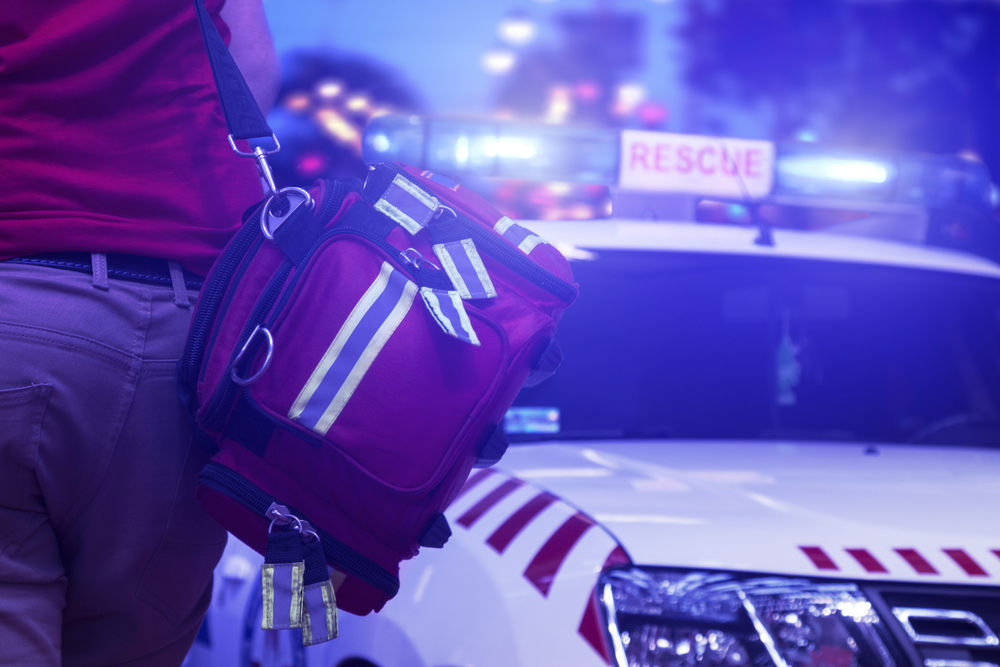
Reps. Anna Eshoo (D-CA) and Michael Burgess (R-TX) introduced a bill that allows the Ready Reserve Corps members to be paid retirement benefits.
The Ready Reserve Corps is a pool of trained personnel who may be deployed to assist in public health crises and emergency response missions. The Ready Reserve Corps. also provides health care services to underserved and vulnerable communities and lends their expertise to fight against critical health issues, like the opioid epidemic.
“I’m pleased to introduce this bipartisan legislation with Rep. Burgess that ensures the U.S. Public Health Service (USPHS) Corps has the resources it needs to respond to public health crises and national emergencies,” Eshoo said. “Our legislation creates a standing reserve of public health professionals, enabling USPHS to keep current projects on track while deploying health professionals where they’re needed most during crises. As our nation faces an increasing number of natural and manmade disasters, it is critical that our public health infrastructure is equipped to meet emergent demands without jeopardizing the important, everyday work of USPHS in our communities.”
The legislative fix was included in the U.S. States Public Health Service Modernization Act of 2019, which Eshoo and Burgess introduced this week.
“This legislation builds on the great work of the Pandemic and All-Hazards Preparedness and Advancing Innovation Act of 2019 by empowering the Ready Reserve Corps,” Burgess said. “It is essential that we address the challenges of ensuring there are health care professionals on standby to provide quality care during disease outbreaks and natural disasters. We must remember that infectious diseases are a serious threat in our global community, and the United States must remain prepared and ready to respond. Much of public health is local and executed on the ground by our hospitals, health departments, and emergency responders who are our front lines addressing infectious diseases, disasters, and threats, and our Ready Reserve Corps plays a critical role in executing those missions.”




